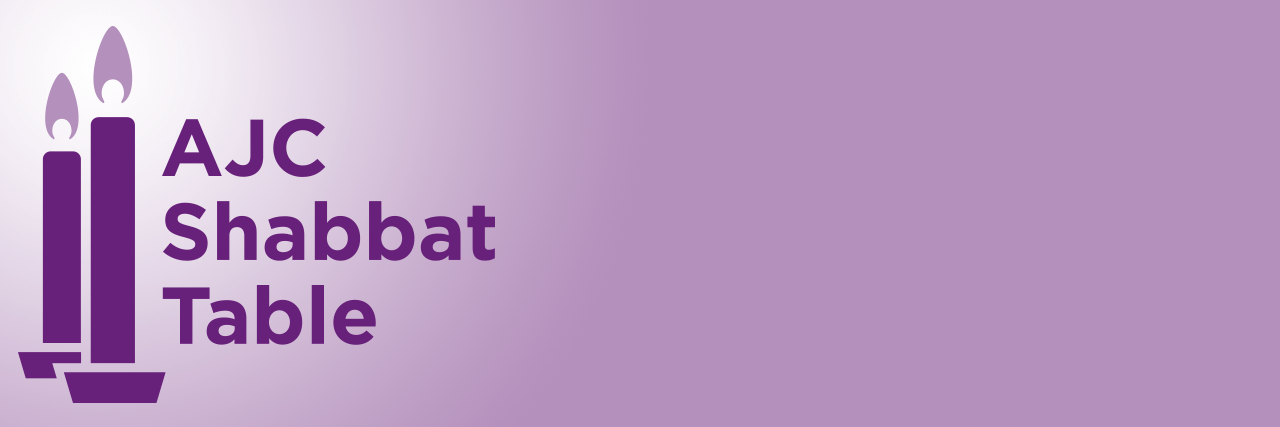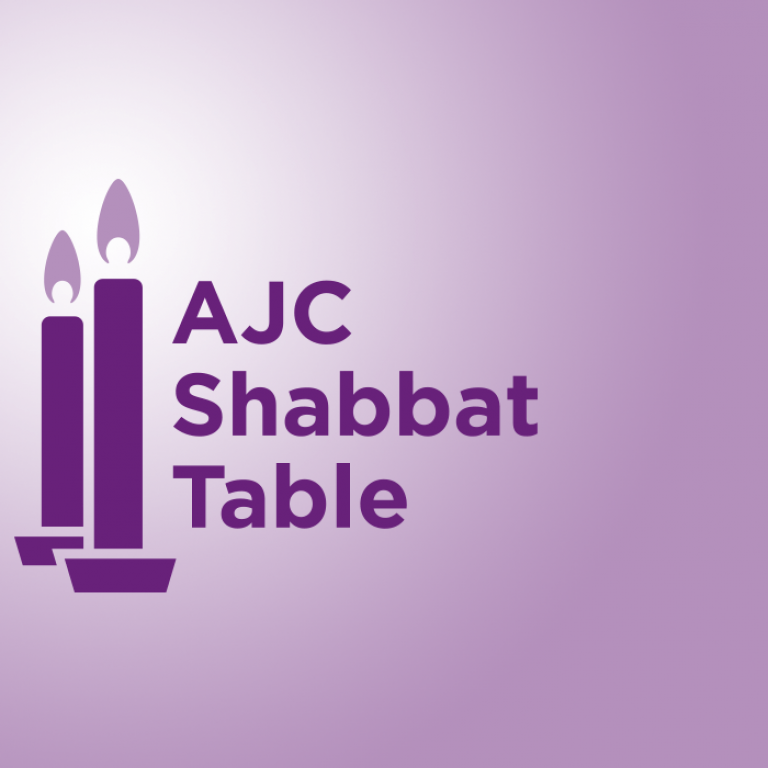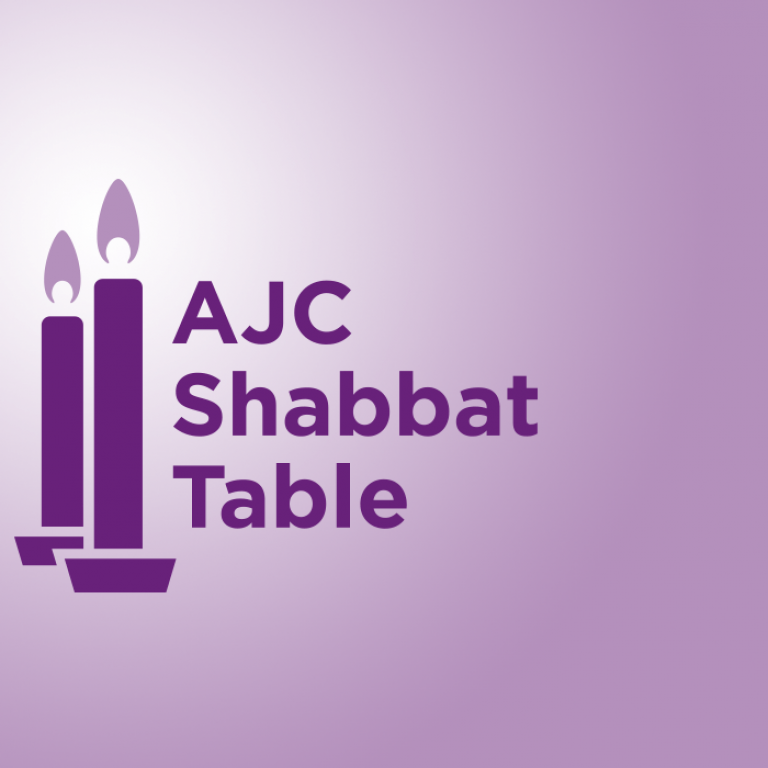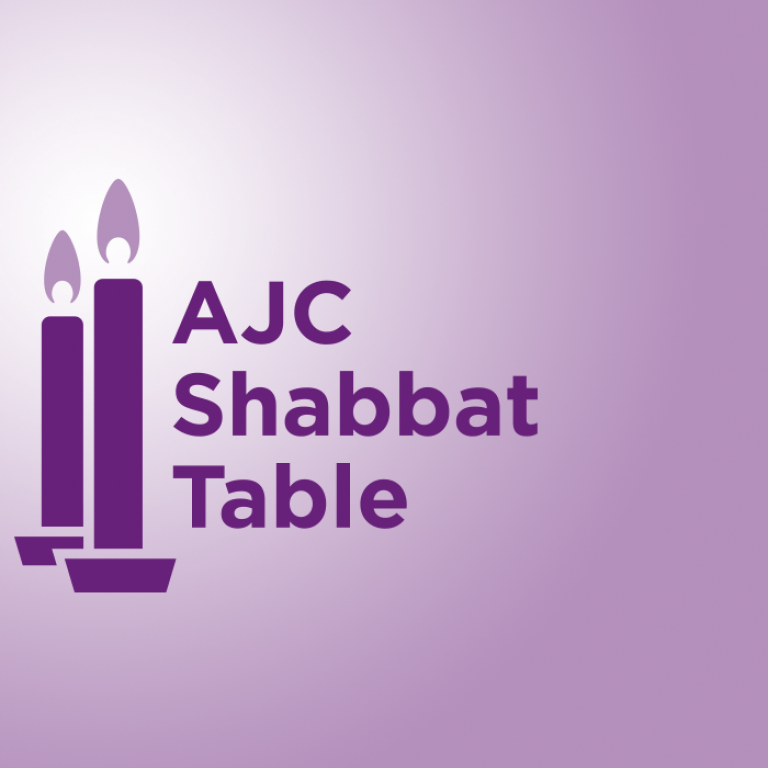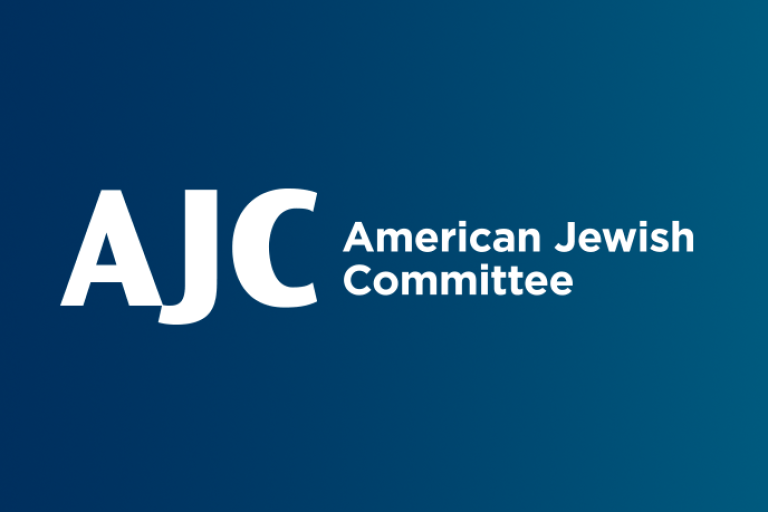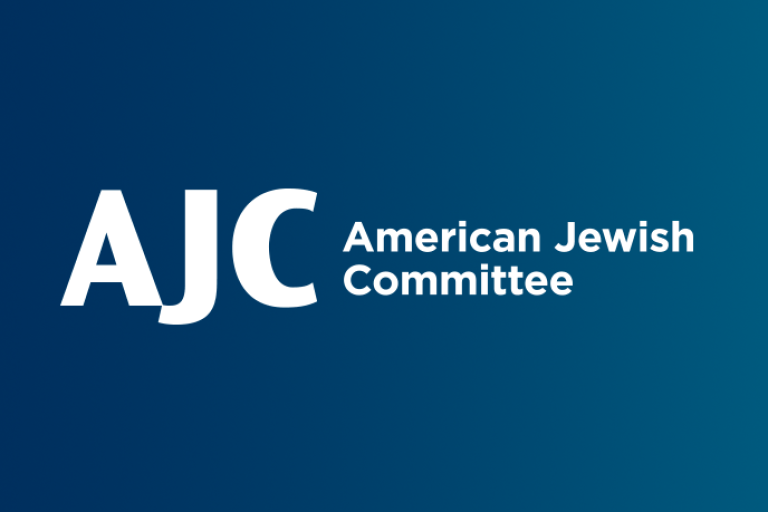September 18, 2020
This Shabbat: Rosh Hashanah 5781
One thing we all know for sure: this Rosh Hashanah will be different than any other in our lives. While for the vast majority of us, synagogue services, festive meals, and time with family will not look the same as they would in an ordinary year, there are many things that have not changed. One of those things is the special Torah readings for Rosh Hashanah. On the first day, we read the story of the birth of Isaac and the subsequent exile of Hagar and Ishmael from Abraham’s home. On the second day, we read the story of the binding of Isaac. There is so much that can be said about why the rabbis chose these particular Torah readings for Rosh Hashanah. We would like to focus on one small idea that we hope will help carry us through on this lonely and strange holiday. Rabbi Yitzhak Etshalom, a Jewish educator in Los Angeles, points out that Abraham’s life in the Bible is marked by many instances of aloneness and separation from family. Abraham leaves his family and travels to the Land of Israel because of his belief in God. He is separated from his wife Sarah when they sojourn briefly in Egypt. He is separated from his second wife Hagar and his first son Ishmael when Sarah forces him to exile them from their home. Then, he is almost permanently separated from Isaac when God calls upon Abraham to sacrifice his son. After each of these moments of aloneness and separation, God blesses Abraham with the ultimate blessings of stability and community: he will be the father of a great nation and his offspring will inherit the land of Israel. This Rosh Hashanah, when most of us are apart from at least some of our family members, perhaps we can draw strength from these stories of separation. Abraham is not a superhuman character. The Bible portrays him in all his humanity and imperfection. Just like Abraham made his way through his trials and became the father of a great nation, we too will come through this crisis and be able to return to the richness and fullness of our family and work lives, hopefully in 5781. As we say in Hebrew, כן יהי רצון, keyn yehi ratzon, so may it be.
This Week in Jewish History - Two interesting stories about Jewish autonomy
This week, we examine two fascinating moments in Jewish history that each took place on the 3rd of Tishrei, the day after Rosh Hashanah (which this year falls on Monday, September 21). One of the dates we examine is an ancient one, the other more modern. Interestingly, they both address issues of Jewish self-rule while living in lands that were ultimately governed by others.
3rd of Tishrei 586 BCE - The Assassination of Gedaliah
When the Babylonian empire conquered the Jewish kingdom of Judah and destroyed the First Temple in 586 BCE, Babylonian King Nebuchadnezzar exiled most of the Jews, including the king and the upper class. However, a small community of Jews remained in Judah. Nebuchadnezzar put a Jewish man named Gedaliah, the son of Achikam, in charge of governing that group. At first, things went relatively well. Gedaliah advocated that the Jews quietly accept Babylonian rule to ensure their safety. But before long, a group of Jews led by Ishmael, the son of Netaniah, came and attacked Gedaliah, murdering him. While it is not totally clear why Ishmael and his men wanted Gedaliah dead, scholars believe that it was connected to their opposition to Babylonian rule and to Ishmael being part of the Davidic royal house. The assassination of Gedaliah was perhaps an effort to restart an uprising against Babylonian rule and to restore a member of the Davidic line to the throne. In the wake of the murder, Jewish leaders instituted a fast in memory of Gedaliah. To this day, observant Jews observe Tzom Gedaliah, the Fast of Gedaliah, by refraining from eating and drinking from sunup until nightfall on the 3rd of Tishrei. While the particulars of the political situation in ancient Judah seem opaque to us today, many have drawn parallels between the story of Gedaliah and the 1995 assassination of Israeli Prime Minister Yitzhak Rabin by a fellow Jew. Israeli society underwent a serious reckoning after the assassination, and learned a lesson about the danger of hateful and violent rhetoric. As we commemorate the Fast of Gedaliah on Monday, let us all redouble our efforts to build bridges, not sow hate between ourselves and those with whom we might disagree.
3rd of Tishrei 1825 - Mordechai Manuel Noah Founds Ararat
On the day after Rosh Hashanah in 1825, which fell that year on September 15, a Jewish-American diplomat, politician, and journalist named Mordecai Manuel Noah called together a crowd of dignitaries on Grand Island in upstate New York for the laying of the foundation stone for Ararat, his vision for a Jewish autonomous homeland in America. Noah, who was born in Philadelphia in 1785, saw Ararat as a place where Jews would be able to seek refuge and govern themselves until they could recreate the Jewish homeland in the land of Israel. The name Ararat was a symbolic one. Ararat was the name of the mountain upon which the biblical Noah’s ark comes to rest in the story of the great flood. The parallels to Noah’s own last name and to the ark finding safety on Ararat were plain. Despite the grand opening ceremony, Ararat was a resounding failure as no Jews wanted to move there! While in many ways it is just an odd footnote in American Jewish history, Noah’s idea of Ararat is significant in two ways. First, it is fascinating that Noah was thinking about the idea of Jewish autonomy before Zionism was even a thought! Second, its failure says much about American Jewry. Even in 1825, American Jews felt sufficiently comfortable and accepted in America that Ararat seemed, not only unnecessary but, undesirable. American Jews were happy to live amidst their fellow Americans, putting their civic energy into the building of the young United States rather than cloistering themselves on their own island. Later in the nineteenth century though, European Jews, who did not experience the same sense of security and inclusion as their co-religionists in America, would embrace Zionism and would begin working toward the recreation of a Jewish homeland in the Land of Israel.
A Treasure from the AJC Archives - “Behold the Jew” (1944)
On the eve of Rosh Hashanah in 1944, AJC partnered with NBC to broadcast a radio dramatization of a prize-winning poem called “Behold the Jew” by poet Ada Jackson. Jackson, who was not Jewish herself, wrote the poem about Jewish contributions to civilization. AJC received over 3,000 letters from Jews and non-Jews alike all across America praising the program. Many non-Jews asked for copies of the script to use in church and community discussion groups to foster greater religious tolerance in America. Seems like AJC achieved its objective! You can listen to the broadcast here.
For Rosh Hashanah Table Discussion: Taking Stock
Human beings tend to mark time through significant dates in our calendar. On occasions like our birthdays, the start of school, and of course Rosh Hashanah, our minds turn to taking stock of the year that has gone by and thinking about our goals and dreams for the year that is to come. This “stock taking” can be both personal and more global. As we think about our own achievements and struggles this past year, as committed Jews, Americans, and citizens of the world, we should also be mindful of the progress and setbacks that we have seen in the world around us. What better time to have conversations with your family about these big questions than at the Rosh Hashanah table?
Questions for discussion at your table:
- What is an accomplishment of this past year that you are proud of? Is there anything that you regret?
- What hopes and dreams do you have for your life during this new Jewish year of 5781?
- Obviously, there is a great deal of suffering and stress around the world right now. But the pandemic also offers us the opportunity to change direction and rethink. What impact - positive and negative - do you think the pandemic will have on our world in the coming year?
- This past week, we witnessed the historic signing of the Abraham Accords, which normalize relations between Israel and the United Arab Emirates and Bahrain. What impact do you think the Abraham Accords will have on the Middle East and Israel? Can they be a model for international and interreligious cooperation in other spheres?
Resources for taking stock:
- An organization called Reboot created a wonderful vehicle called 10Q for taking stock of our lives at Rosh Hashanah time. 10Q emails you a question to answer about your life for each of the first ten days of the Jewish year - the period that is known as the Ten Days of Repentance, and comprises the period beginning on Rosh Hashanah and ending on Yom Kippur. At the end of the ten days, your answers go into the “vault” and are locked away until the following Rosh Hashanah when they are emailed to you. The 10Q questions are thought-provoking, fun, and interesting to answer. And, it is amazing to reread your answers a year later and to see what you were thinking about, predicting, and planning the year before. You can find out more and sign up for 10Q by clicking here.
- For more information on the historic Abraham Accords, take a look at:
- This OpEd by Avi Mayer, AJC’s Managing Director of Global Communications, which helps frame the geopolitical implications of the Accords
- The amazing back story of AJC’s years of careful diplomacy that helped bring the Accords to fruition
- AJC Advocacy Anywhere’s fascinating and meaningful program this week about interreligious cooperation in the UAE.
Shabbat shalom and shana tova!
שבת שלום ושנה טובה!
